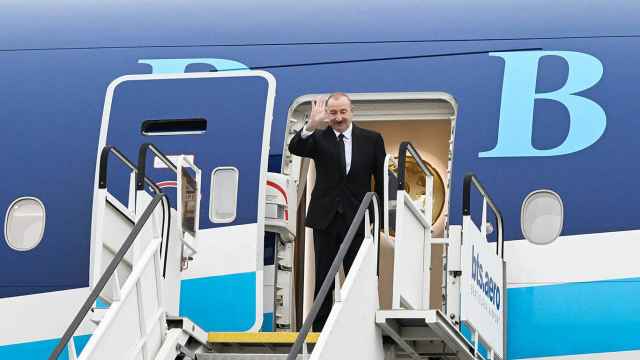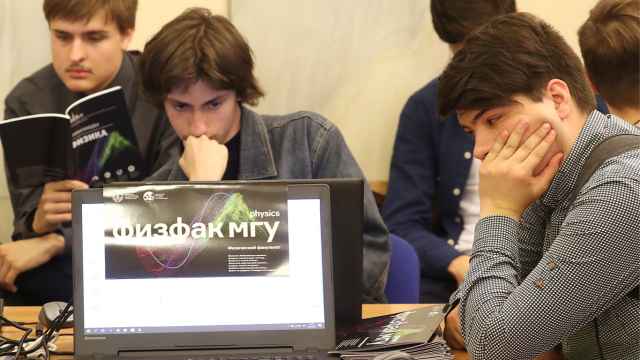WASHINGTON — The of the U.S. House of Representatives on Wednesday soundly rejected suggestions that the United States boycott the 2014 Winter Olympics in Sochi if Russia grants asylum to National Security Agency leaker Edward Snowden.
"Why would we want to punish U.S. athletes who've been training for three years to compete in the Olympics over a traitor who can't find a place to call home?" House Speaker John Boehner told reporters at a news conference.
The Republican was asked about Republican Senator Lindsey Graham's idea that if Russia provides a safe haven for Snowden, the United States should consider keeping its athletes home during the Winter Olympics next February.
Boehner said Graham was "dead wrong."
Snowden, who disclosed details about U.S. intelligence surveillance of Internet activity, has applied for temporary asylum in Russia three weeks after arriving at a Moscow airport from Hong Kong. The United States wants Snowden sent home to face prosecution for espionage.
In 1980, the United States boycotted the Olympics in Moscow over Russia's invasion of Afghanistan. The U.S. Olympic Committee said in a statement Wednesday that it strongly opposes the idea that a boycott is in the country's best interest.
"If there are any lessons to be learned from the American boycott of 1980, it is that Olympic boycotts do not work," said committee spokesman Patrick Sandusky. "Our boycott of the 1980 Olympic Games did not contribute to a successful resolution of the underlying conflict. It did, however, deprive hundreds of American athletes, all whom had completely dedicated themselves to representing our nation at the Olympic Games, of the opportunity of a lifetime."
Snowden's fate has roiled already tense U.S.-Russian relations.
At the White House, spokesman Jay Carney said he would not speculate on any boycott of the Olympics but added that the U.S. agrees with Russian President Vladimir Putin that Snowden's case need not and should not harm U.S.-Russian relations.
"It's a broad and important relationship," Carney said. "We want to continue to see that relationship strengthened."
A Message from The Moscow Times:
Dear readers,
We are facing unprecedented challenges. Russia's Prosecutor General's Office has designated The Moscow Times as an "undesirable" organization, criminalizing our work and putting our staff at risk of prosecution. This follows our earlier unjust labeling as a "foreign agent."
These actions are direct attempts to silence independent journalism in Russia. The authorities claim our work "discredits the decisions of the Russian leadership." We see things differently: we strive to provide accurate, unbiased reporting on Russia.
We, the journalists of The Moscow Times, refuse to be silenced. But to continue our work, we need your help.
Your support, no matter how small, makes a world of difference. If you can, please support us monthly starting from just $2. It's quick to set up, and every contribution makes a significant impact.
By supporting The Moscow Times, you're defending open, independent journalism in the face of repression. Thank you for standing with us.
Remind me later.





